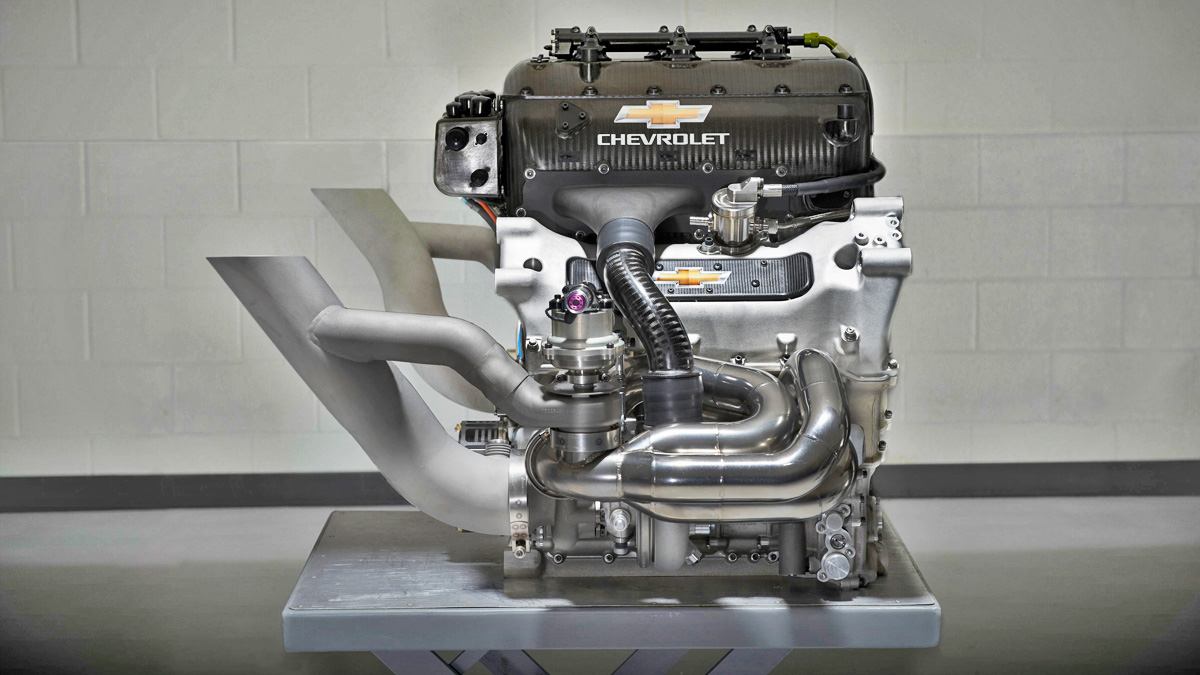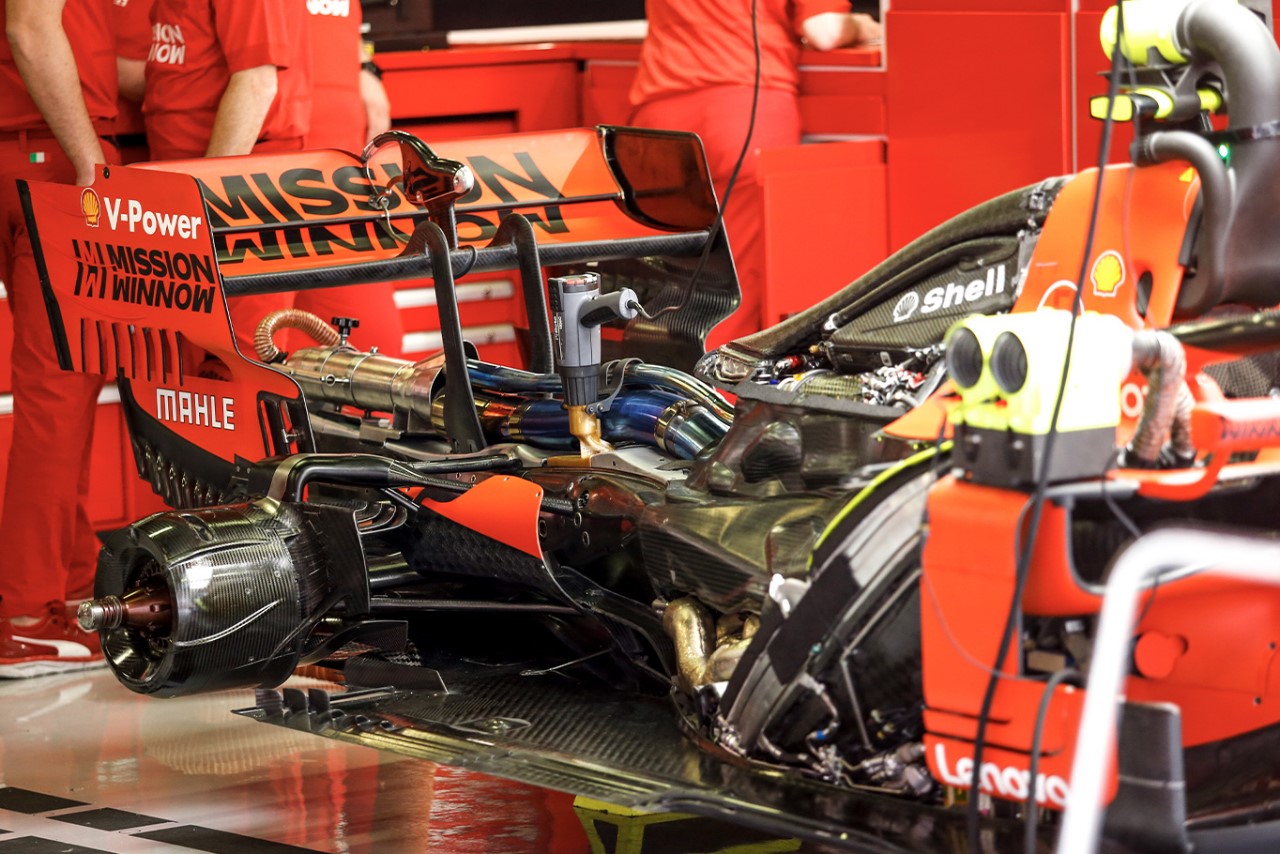Rumor: F1 and IndyCar to avoid becoming all-electric race series
Nothing has more impact on making and retaining new race fans than the awesome sound of their internal combustion engines. With the automotive world moving to 100% electric passenger cars, the fear for F1 and IndyCar is that they would be forced to switch to all-electric motors, thereby eliminating the visceral experience made by their internal combustion engines.
Bio-Waste to the Rescue
One of the most significant steps on the road to reducing carbon emissions has been the research, development and production by the FIA’s Technical Department of a 100% sustainable fuel, developed to stringent F1 specifications, and able to power Formula 1 cars.
A second-generation biofuel variety – meaning it is exclusively refined using bio-waste, not intended for human or animal consumption – the first barrels are now with F1’s power unit manufacturers Mercedes, Ferrari, Renault and Honda, for testing and validation.
If F1 car prove that its cars produce zero carbon emissions, then the fear that F1 is polluting the environment, and should, therefore, be banned, goes away.
IndyCar is rumored to be happy to ride on F1’s coattails using the same strategy. And with IndyCar’s new 2.4-liter hybrid engines delayed until from 2022 to 2023, it gives engine suppliers Chevy and Honda time to design their new engines to work with the bio-waste fuel.

Jean Todt, FIA President, said: “FIA takes its responsibility in leading motor sport and mobility into a low carbon future to reduce the environmental impacts of our activities and contribute to a greener planet.
“By developing fuel made from bio waste that can power Formula 1, we are taking a new step forward. With the support of the world’s leading energy companies, we can combine the best technological and environmental performance.”
Mark C. reporting for AutoRacing1.com
